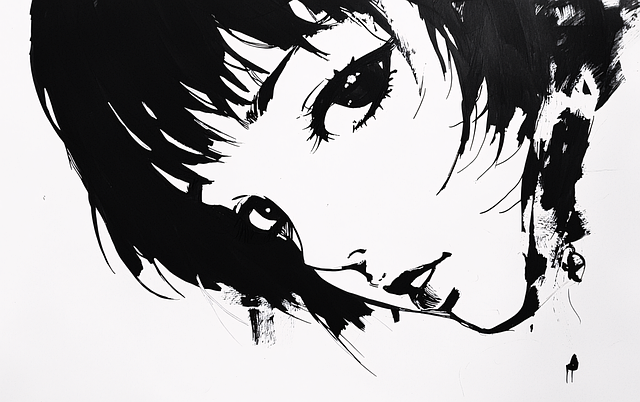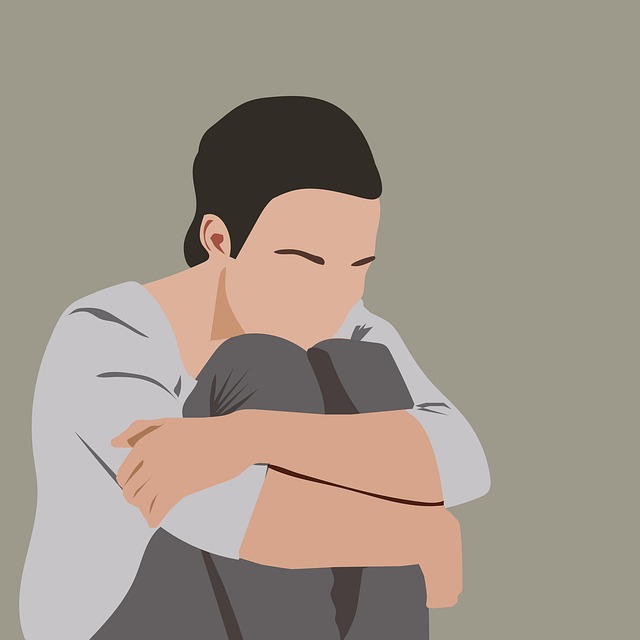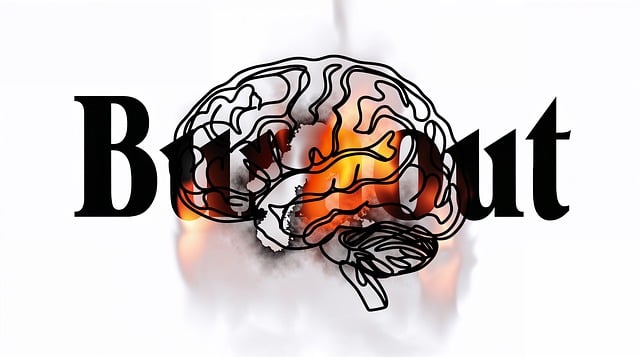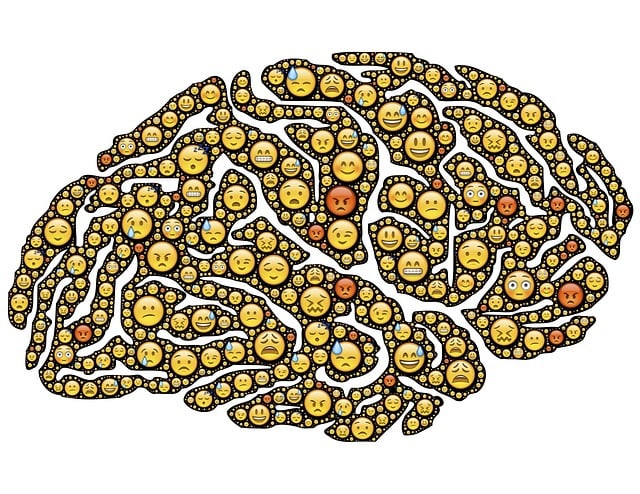The media's portrayal of mental illness, especially Oppositional Defiant Disorder (ODD), often perpetuates stereotypes, hindering destigmatization efforts. Accurate and empathetic representations are crucial for fostering understanding. Sharing human stories through media can encourage sympathy, promote therapy options like Broomfield Oppositional Defiance Disorder Therapy, and help individuals with ODD or other mental health struggles find the support they need for self-esteem improvement and inner strength development. Effective narratives challenge myths, encourage early intervention, and promote positive risk assessment strategies for managing mental health.
In today’s media landscape, accurate representation of mental health conditions is crucial. This article explores the current state of mental illness depiction in media and offers solutions to prevalent challenges. We focus on a case study of Broomfield Oppositional Defiance Disorder (BODD), highlighting the importance of nuanced portrayals for better understanding and support. Through creative storytelling and collaborative efforts, we can challenge stereotypes, foster empathy, and promote effective BODD therapy strategies.
- Understanding Mental Illness Representation in Media: The Current State
- Broomfield Oppositional Defiance Disorder (BODD): A Case Study for Accurate Depictions
- Challenging Stereotypes and Fostering Empathy through Creative Solutions
Understanding Mental Illness Representation in Media: The Current State

The current state of mental illness representation in media is a mixed bag. While some efforts have been made to increase awareness and understanding, many portrayals still perpetuate harmful stereotypes. Mental health conditions are often depicted as either extremely dramatic or dismissed entirely, failing to capture the nuanced realities of what these disorders look like in everyday life. For instance, Oppositional Defiant Disorder (ODD), a common childhood condition, is frequently sensationalized, hindering efforts to destigmatize it. This misrepresentation can significantly impact public perception, affecting how individuals with ODD or other mental health struggles are treated.
Addressing these issues requires a shift towards more accurate and empathetic representations. By integrating stories that highlight the human experience behind mental illness, media has the power to foster understanding and encourage support for those seeking therapy, such as those dealing with ODD symptoms, aiming for self-esteem improvement, or pursuing inner strength development through mental wellness coaching programs.
Broomfield Oppositional Defiance Disorder (BODD): A Case Study for Accurate Depictions

Broomfield Oppositional Defiance Disorder (BODD) serves as a compelling case study for accurate mental illness representation in media and its potential impact on societal understanding. Portrayals of BODD often face challenges, with common misconceptions leading to stereotypes. The disorder, characterized by persistent defiant behavior, anger, and hostility towards authority figures, requires nuanced depiction to challenge these myths.
Media has a significant role in shaping public perception. Accurate representation of BODD through compelling narratives can foster empathy and promote understanding of the challenges faced by individuals living with this condition. Effective portrayals can also encourage support systems and encourage individuals to seek Broomfield Oppositional Defiance Disorder therapy, emphasizing the importance of early intervention and appropriate conflict resolution techniques. This is crucial for a positive risk assessment and overall mental health management strategy.
Challenging Stereotypes and Fostering Empathy through Creative Solutions

Media representation plays a pivotal role in shaping public perception about mental illness. Often, media portrayals perpetuate harmful stereotypes, contributing to stigma and misunderstanding. However, creative solutions are emerging to challenge these narratives and foster empathy. Through compelling storytelling, filmmakers and writers can humanize experiences, showcasing diverse mental health journeys. For instance, exploring characters with Oppositional Defiance Disorder (Broomfield) in therapeutic settings can offer valuable insights into their struggles and potential paths to recovery.
By integrating themes of self-care routine development for better mental health and coping skills acquisition, media platforms have the power to inspire and educate audiences. These narratives encourage viewers to embrace empathy, understand the complexities of mental wellness, and recognize that support systems are integral to healing. Such creative approaches can lead to more nuanced representations, breaking down barriers and fostering a culture of care and acceptance.
Mental illness representation in media has come a long way, but challenges remain. As demonstrated by the case study on Broomfield Oppositional Defiance Disorder (BODD), accurate and nuanced portrayals can significantly impact public understanding and reduce stigma. By challenging stereotypes through creative solutions, media can foster empathy and support for those living with mental health conditions. Encouraging industry efforts towards more responsible representation is crucial, ensuring that stories like those of BODD receive the attention they deserve, ultimately leading to better access to Broomfield Oppositional Defiance Disorder therapy and improved mental health outcomes.













